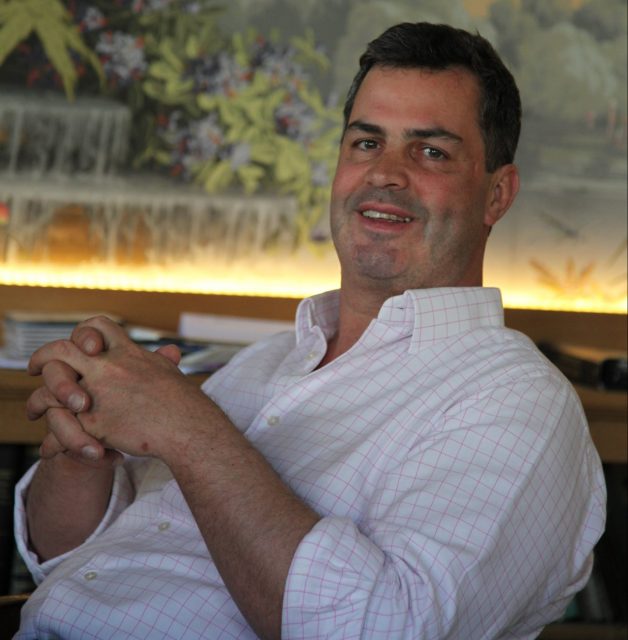Domaine du Comte Liger-Belair to authenticate 2020s through NFTs
Domaine du Comte Liger-Belair in Vosne-Romanée, Burgundy, is to sell all of its 2020s on Wokenwine, the new platform pairing wines with NFTs set to launch this June.

Effectively, NFTs (or Non-fungible tokens) in this context serve the purpose of a digital receipt which not only verifies the ownership of the buyer but also the authenticity of the product itself. Count Louis-Michel Liger-Belair tells db that he found it “unacceptable…that an online auction company allows itself to authenticate wines that we have produced, while it systematically erases the guarantees of origin (bottle number, name of the customer) to ensure the anonymity of its seller”.
Liger-Belair explained that the association of NFTs with each bottle sold “will allow the wine buyer to feel more secure in the future” as it is authenticated by the producer, not an auction house. He describes the 2020 harvest as proof of his winery’s ability to adapt to climate change: “Despite a very early harvest, which began on August 24, at least three weeks earlier than the ten-year average, the wines have exceptional freshness and aromatic definition, thanks to an extremely precise viticulture and vinification and a harvest loss of more than 40%.”
Though the 2020 wines emerged from adverse circumstances, the decision to partner with Wokenwine ultimately came down to the platform being founded by “wine lovers”, in Liger-Belair’s words. “I have been solicited by all types of entrepreneurs who are looking to sell me NFT solutions. They all have in common that they come from the market, not from the production, and that their only goal is to promote speculation”. Whereas Wokenwine’s primary goal “is to authenticate wines and guarantee the distribution chain, which is simply what every wise wine producer is looking for.”
The platform’s Chief Executive Officer, Valéry Lux, has described Wokenwine’s purpose as “giving back some power to wine estates”. Lux has more than 25 years of trading and sales experience, a longstanding adoration of wine and a relatively new interest in blockchain. The Chief Operating Officer, Raphaele Herve Marraud de Sigalony, worked at Christie’s in Hong Kong and has great expertise in art and the Asian market. The company does have plans to connect wine, NFTs and art at some point in the near future.
Partner Content
NFTs have already made ripples in the wine world, with Penfolds launching their “Superblends” via NFT, but they are mired in controversy. There are those who suggest that the blockchain is highly susceptible to fraud, and that the current craze is simply “Tulip mania” for the crypto age. The production of NFTs is also highly energy-intensive, meaning increased greenhouse emissions.
Liger-Belair reassures the sceptics that they “can continue to buy bottles” without the accompanying NFT, but that doing so “will remove the guarantee of authenticity of that bottle…which could be of interest to their heirs if they have not had time to drink their entire cellar before passing it on!”
Given young people (particularly men) are far more likely to become involved in cryptocurrency and NFTs, it should be noted that many of these investors do not have heirs just yet. An April 2021 survey from CivicScience found that 18% of 18-24 year olds were interested in NFTs, compared to 11% of 25-34 year olds and just 4% of the over 55s. Platforms such as Wokenwine could well be fostering a new, younger generation of fine wine investors.
Related news
For the ninth day of Christmas…
The db wine crime files 2025: part 2
'Rare buying opportunities' as fine wine prices hit a five-year floor




